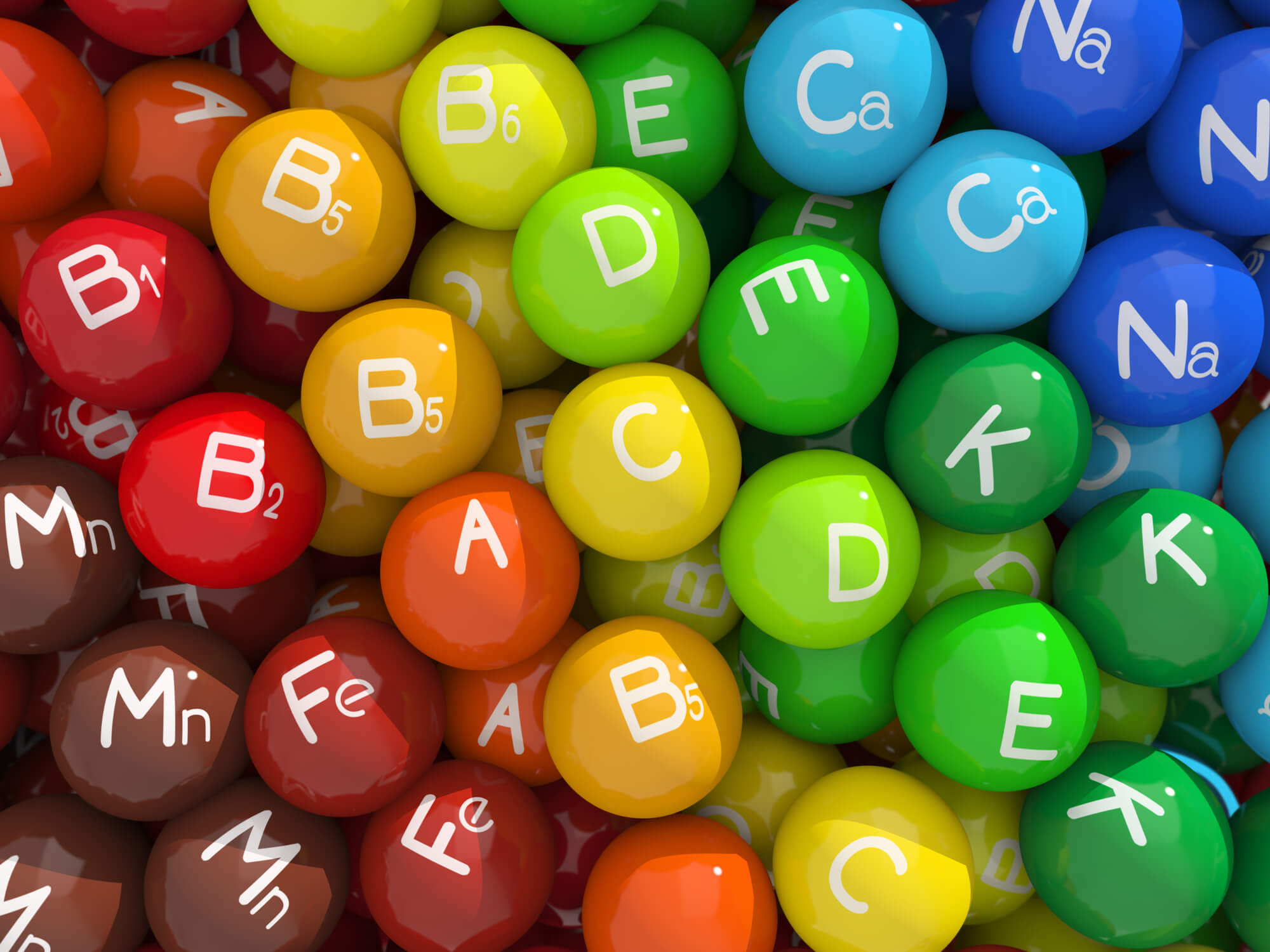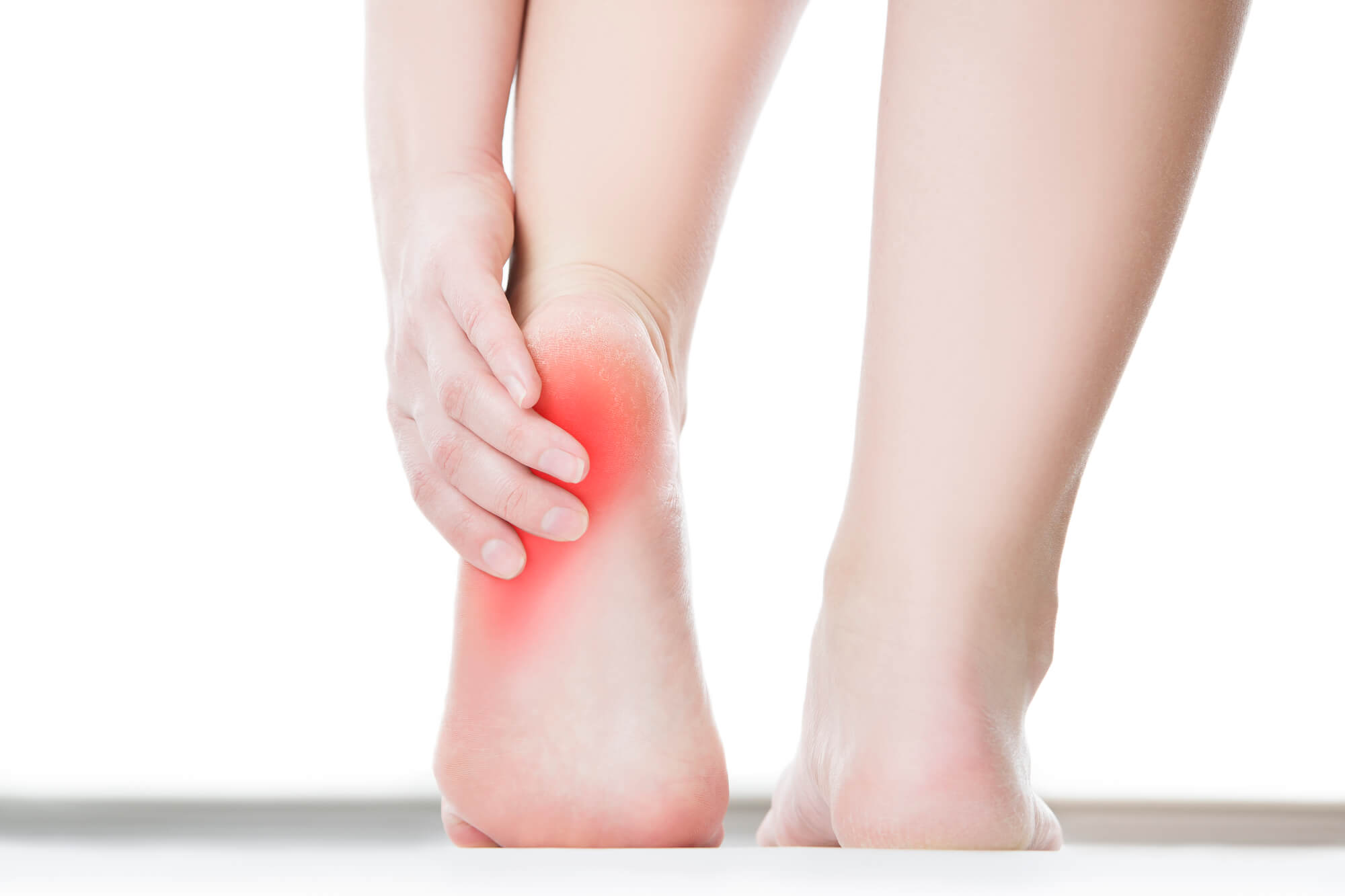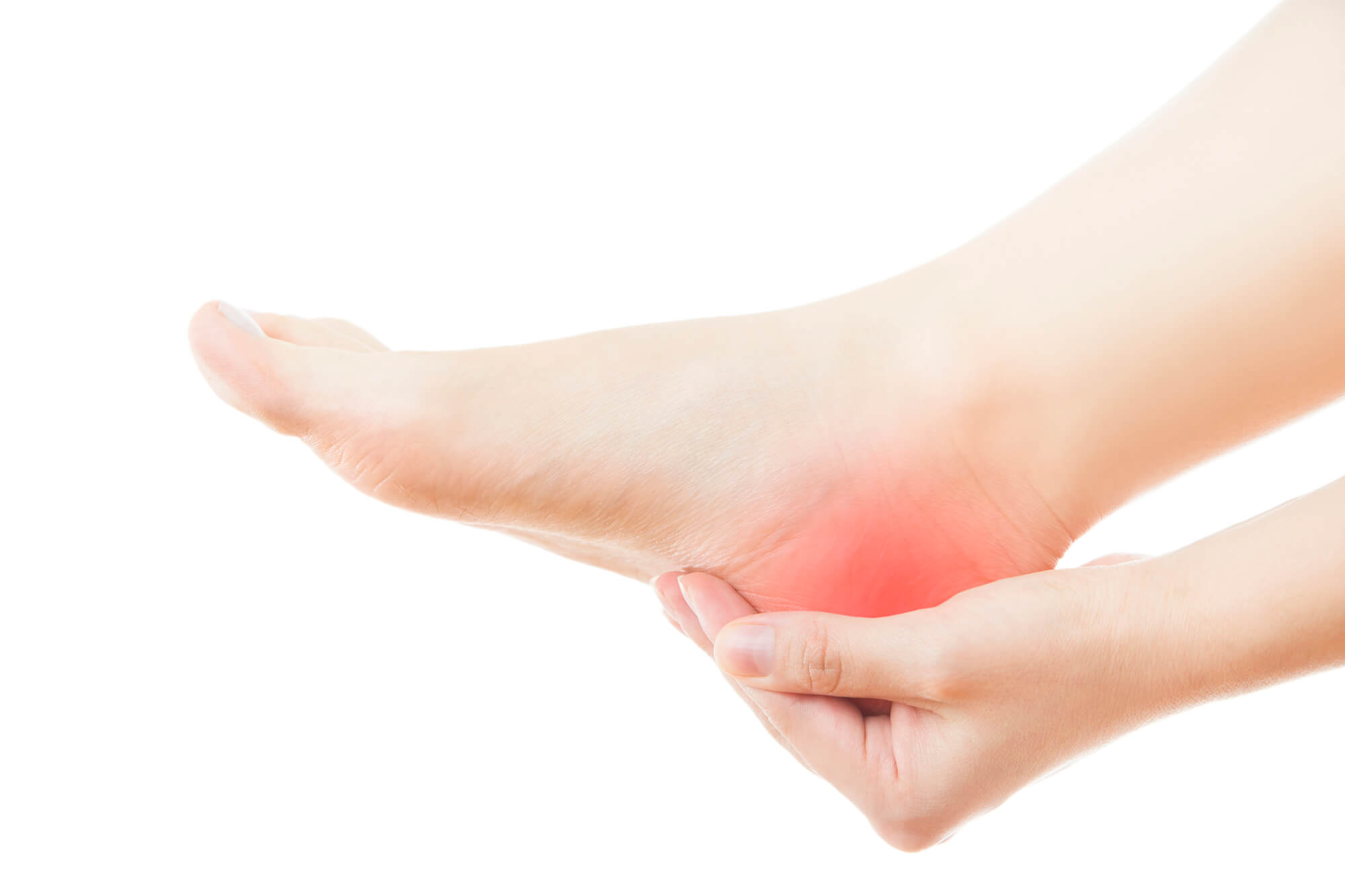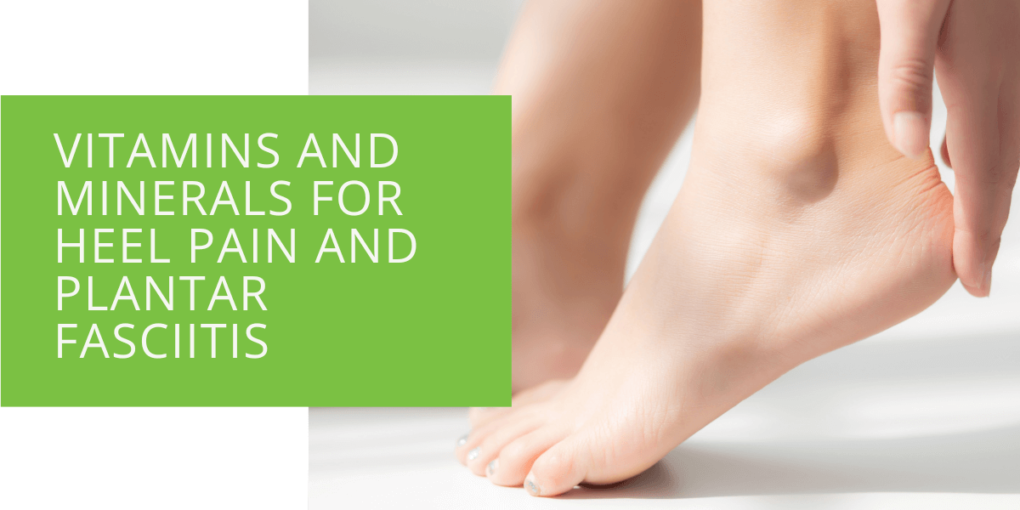Vitamins and Minerals for Heel Pain and Plantar Fasciitis
Heel pain and plantar fasciitis are common foot conditions that can cause significant discomfort and disability. Heel pain is a broad term that refers to any pain or discomfort in the heel region, which can be caused by various conditions such as plantar fasciitis, bone spurs, or tendonitis. On the other hand, plantar fasciitis is a specific condition that affects the plantar fascia, a thick band of tissue that runs along the bottom of the foot from the heel to the toes. This condition is characterized by pain and inflammation in the plantar fascia, which can be caused by overuse, poor footwear, or underlying medical conditions.
The prevalence of heel pain and plantar fasciitis is high, with estimates suggesting that up to 10% of the population may be affected by these conditions at some point in their lives. Heel pain and plantar fasciitis can affect people of all ages and activity levels. Still, they are more common in middle-aged individuals, particularly those who are overweight or have jobs that require standing or walking for long periods.
While various treatments are available for heel pain and plantar fasciitis, including rest, stretching, physical therapy, and medications, nutrition may also play a role in managing and preventing these conditions. In this article, we will explore the role of certain vitamins and minerals in supporting bone health, muscle function, and tissue repair and how they may help to alleviate heel pain and plantar fasciitis.
Vitamins and Minerals for Heel Pain and Plantar Fasciitis
Vitamin D
Vitamin D is a crucial nutrient for bone health and muscle function. It helps the body absorb and use calcium, essential for maintaining strong bones. Low vitamin D levels have been linked to an increased risk of osteoporosis, characterized by weak and brittle bones. Vitamin D is also important for muscle function, as it helps the body convert food into energy and supports the proper functioning of the immune system.

Vitamin C
Vitamin C is another important nutrient for bone health and tissue repair. It plays a vital role in collagen synthesis, the process by which the body produces new collagen, a protein that helps hold tissues together. Collagen is a major component of the plantar fascia, and adequate vitamin C intake may help to support the integrity and strength of this tissue. Vitamin C is also an antioxidant, which helps protect cells from damage caused by free radicals, substances that can contribute to inflammation and tissue damage.
Calcium
Calcium is a mineral that is essential for bone health and muscle function. It helps build and maintain strong bones and is also important for nerve function, blood clotting, and muscle contraction. Adequate calcium intake is particularly important for women, as they are at a higher risk of developing osteoporosis due to hormonal changes during menopause.
Zinc
Zinc is a mineral involved in many physiological processes, including wound healing, immune function, and taste and smell. It is also important for protein synthesis, the process by which the body builds new proteins. Adequate intake of zinc may be beneficial for tissue repair and healing, particularly in plantar fasciitis, characterized by inflammation and damage to the plantar fascia.
Magnesium
Magnesium is another mineral that is important for bone health and muscle function. It helps regulate muscle contraction and relaxation and is also involved in energy metabolism and the synthesis of proteins and nucleic acids. Adequate magnesium intake may be beneficial for maintaining healthy muscles and bones. It may also help reduce muscle cramps and fatigue, which are common symptoms of plantar fasciitis.
B Vitamins
B vitamins are a group of nutrients that play a vital role in energy metabolism and nerve function. They are involved in converting food into energy and are also important for the proper functioning of the nervous system. B vitamins are found in various foods, including meats, poultry, fish, eggs, and fortified grains. Adequate intake of B vitamins may be beneficial for maintaining energy levels and reducing fatigue, which can be important for people with heel pain and plantar fasciitis, as these conditions can interfere with physical activity and daily life.

Other Nutrients to Consider
In addition to the vitamins and minerals mentioned above, several other nutrients may be beneficial for managing and preventing heel pain and plantar fasciitis:
Omega-3
Omega-3 fatty acids, for example, are a type of healthy fat that has been shown to reduce inflammation and improve pain management. Omega-3 fatty acids are found in fatty fish, such as salmon, as well as in nuts, seeds, and vegetable oils.
Protein
Protein is another important nutrient for tissue repair and muscle function. It comprises amino acids, cells, and tissues' building blocks. Adequate protein intake is important for maintaining healthy muscles and bones, and it may also help support the healing process in cases of plantar fasciitis. Good protein sources include meats, poultry, fish, eggs, beans, and nuts.
Iron
Iron is a mineral that is involved in oxygen transport and energy metabolism. It is an essential component of hemoglobin, a protein found in red blood cells that carries oxygen to the body's tissues. Low iron levels can cause anemia, a condition characterized by a lack of red blood cells, resulting in fatigue and difficulty with physical activity. Adequate intake of iron may be important for maintaining energy levels and supporting physical activity in people with heel pain and plantar fasciitis. Iron is found in various foods, including meats, poultry, fish, beans, and fortified grains.

Conclusion
In conclusion, a balanced and varied diet that includes a range of vitamins and minerals is important for maintaining healthy bones, muscles, and tissues. It may also help to manage and prevent heel pain and plantar fasciitis. While certain nutrients, such as vitamin D, vitamin C, calcium, zinc, magnesium, and B vitamins, may be particularly important for supporting bone health, muscle function, and tissue repair, it is also important to consider other nutrients, such as omega-3 fatty acids, protein, and iron.
It is important to note that nutrition is just one aspect of managing and preventing heel pain and plantar fasciitis. Consult with a podiatrist or other healthcare provider for a comprehensive treatment plan is always a good idea. Podiatrists are medical professionals who specialize in diagnosing and treating foot and ankle conditions. They can provide personalized recommendations for managing heel pain and plantar fasciitis based on an individual's specific needs and medical history.

